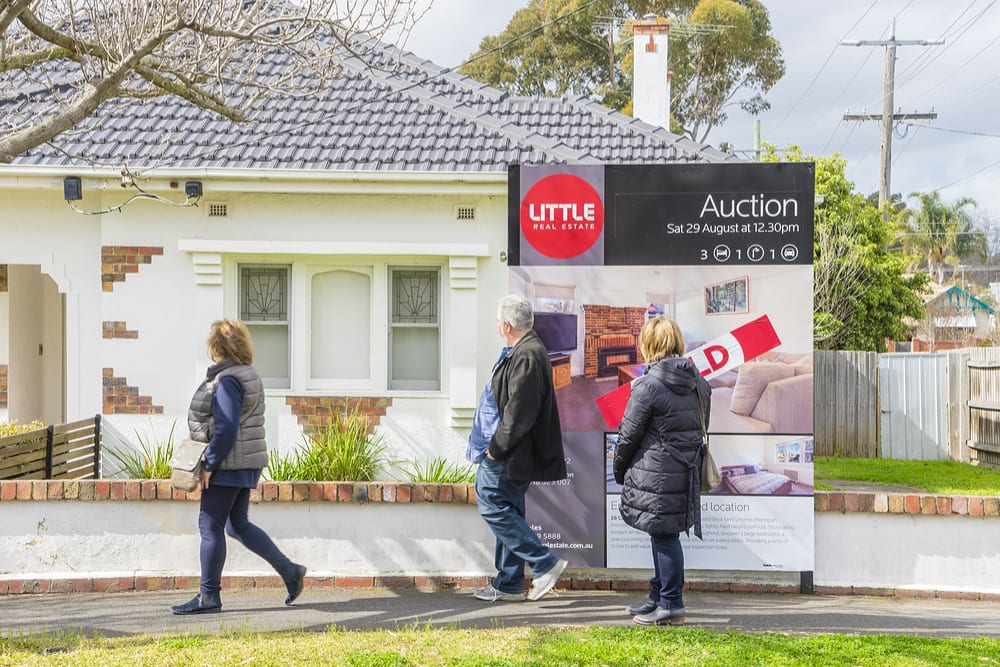
Auction first-timers – 3 Terms to understand
 Over 3,300 properties when onto the auction market across Australia in the last week of February alone. It’s figures like this that indicate a strong confidence level among sellers, as well as great opportunities for potential buyers. More good news is that over 78% of these auctions resulted in a successful sale.
Over 3,300 properties when onto the auction market across Australia in the last week of February alone. It’s figures like this that indicate a strong confidence level among sellers, as well as great opportunities for potential buyers. More good news is that over 78% of these auctions resulted in a successful sale.
Like many, if you’re one of the hundreds of first-timers attending these auctions, you may find that the frustration, anxiety and mix of other positive and negative emotions they spark can overwhelm you. This is something oftentimes people underestimate, so it’s important to know the terms and rules and of course, be ready to bid with confidence and a strategy.
Let’s take a look at three important auction terms you should read up on before attending.
1. Vendor Bid
Although pretty self-explanatory, this term is still important to understand. A vendor bid is when the seller of the house places a bid on it during the auction. This is almost always for strategic purposes and is generally put into play when the bidding process seems a little slow, in attempt to ‘push’ the price closer to the reserve – Put simply, it gives it a kick-start.
Also with a vendor’s bid, the bid will not be placed by the seller personally, but rather the auctioneer will announce it and place it on the owner’s behalf. However different legislation is used depending on which state the auction takes place in.
In South Australia for example, the seller is only allowed to place three bids during the auction.
2. Reserve Price
The reserve price is the minimum amount set by the owners that they are willing to sell the property for. Once the reserve price has been surpassed the auctioneer will it announce it as a notification for bidders that the property will be sold to the highest bidder from hereon in. It’s also important to note that the reserve price usually remains unannounced until it is passed during auction.
The property will not be sold unless the reserve price is reached or exceeded, but in certain situations a negotiation can be made between the highest bidder and the vendor to sell for perhaps a lower than intended price.
3. Passed In
This is what happens in the event that the auction fails to meet or pass the reserve price. The property is withdrawn from sale and all valid bidding officially closes. In some circumstances, if the vendor still wishes to attempt to sell the property, themselves and the highest bidder prior to the auction ceasing are allowed to negotiate on a new, agreed-upon price. This process has the potential to initiate a private transaction between these two parties only.
The very existence or possibility for a property sale to be passed in emphasises the true value of bidding, as well as having a bidding strategy prepared.